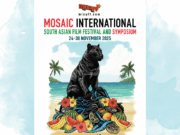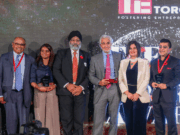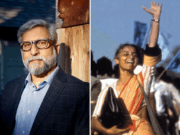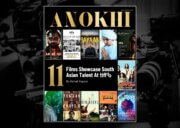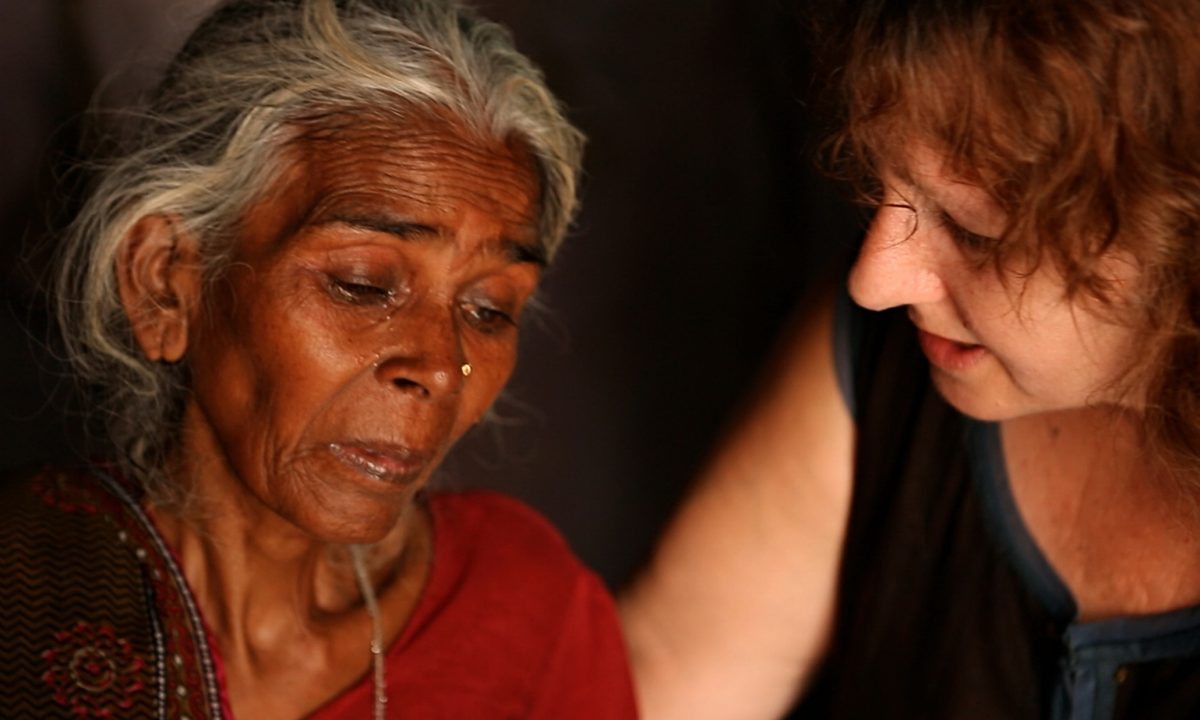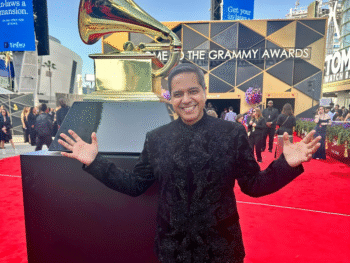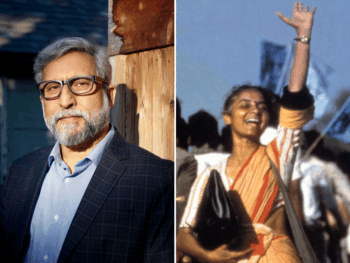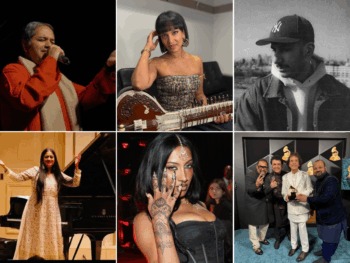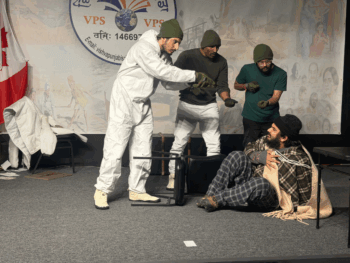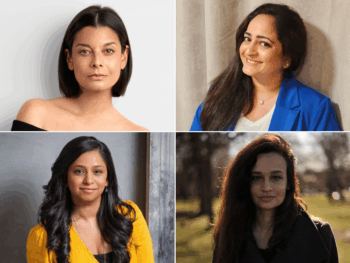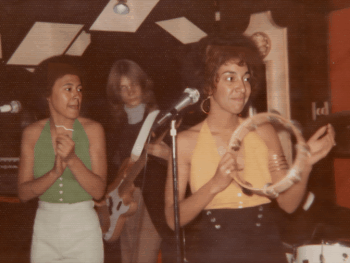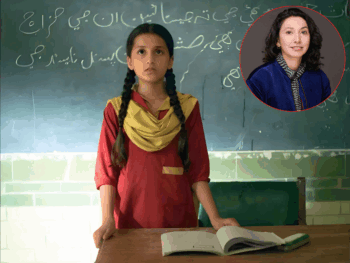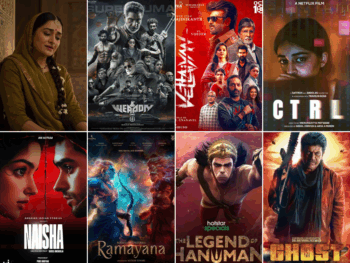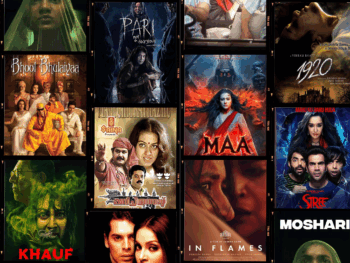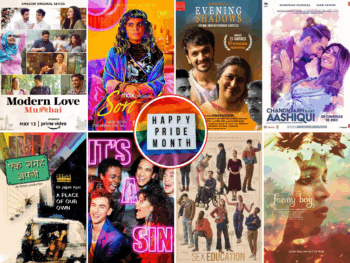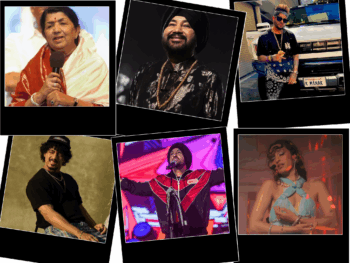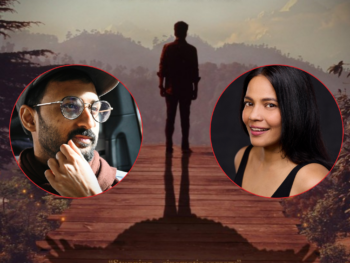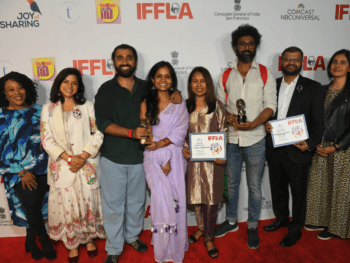Can "Outsiders" Film, Document or Write about Other Cultures and Customs?
In the last few months, British award-winning filmmaker Leslee Udwin stirred up national and international controversy for making and releasing India’s Daughter. The film led to media outrage, including resistance to the film’s release and a ban from prominent Indian scholars such as Urvashi Butalia, who wrote a letter to NDTV.
Pakistani author Bina Shah in Mainstream Weekly responded to this controversy, raising a lot of important points. She suggested (and I agree) that rape is a universal phenomenon. At the same time, Shah also argued that there is “an attempt to control the narrative that still holds strongly nationalistic tones.” She raises several important points in her article that speak to the struggles and challenges outsiders face when they attempt to document, write and speak about current and controversial issues that people within a community may consider sensitive.
In February 2015, VICE News released a documentary called Sex, Slavery, and Drugs in Bangladesh. VICE correspondent Tania Rashid visited the notorious brothel known as Daulatdia, where human trafficking, sex slavery and underage prostitution are commonplace. From watching this mini-documentary, I would argue that because she was an American-Bangladeshi woman, she was not only able to communicate with the men and women who inhabit the brothel area in Bengali, but she was able to gain more access and trust than an outsider or “foreigner” may have had trouble gaining. That being said, towards the end of the film, you hear many people in the slums protesting against the documentary because it exposes illegal lifestyles.

The question I want to turn to is: can outsiders capture the true essence of others' cultures and respond sensitively to the issues that they confront? As I mentioned earlier, a documentary filmmaker, travel television host or someone who is on the margins of society faces challenges in gaining access, trust and the privileged knowledge of a community. This issue does not just affect women, but many women have been at the centre of controversy, including Katherine Mayo and her book Mother India (1927) and Elisabeth Bumiller and her May You Be the Mother of a Hundred Sons (1990). Bumiller is an American journalist and author who spoke and commented on the 1987 sati death of Roop Kanwar and went on to speak about women's rights in India. Her book has not been received well in South Asian academia. Authors like Mayo and Bumiller have been controversial because their views are seen as prejudicial and their knowledge limited and laced with problematic assumptions that promote stereotypes. These women do not respectfully explore the complexity of a culture that is not their own.
That being said, there are respected travel hosts such as Anthony Bourdain who accept their position as “outsiders.” They are there to experience the culture, people and cuisine of a nation but explore the complexities and nuances of the nations they visit. In particular, two episodes that show Bourdain’s mature, witty narrative are his travels to Haiti and Nicaragua in his famous show Anthony Bourdain: No Reservations. Both these episodes touched on the tough struggle that the communities were facing in the wake of national tragedies. In the Haiti episode, there is a moment when Bourdain feels touched by the poverty and hunger that the people are facing. As a result, the show's producers agree to buy dinner for the children there. However, tensions erupt in a lot of fighting. He observes that here is where people's true nature shows and that there will always be the "survival of the fittest" mentality, while a long-term solution requires more thought. Similarly, in Nicaragua, Bourdain has a moving experience as he sees children picking up trash in the La Chureca, scavenging for food and things they can sell for food. This makes him feel guilty, and he spends the rest of the evening getting drunk and speaking about his privilege, trying to understand poverty at its worst.

So I believe that people within South Asia such as Dalit authors like Omprakash Valmiki who call themselves the “spectators on the margins” offer us a mirror into our society. These authors, television hosts and documentary filmmakers are successful when they remain true to themselves and show the culture in its complexity rather than a romanticized view. While Bina Shah’s point about stirring nationalistic sentiments is salient, but if they write or speak with respect and integrity, outsiders can offer a refreshing perspective that may be unfamiliar to the people within the community because they may be used to seeing things in their own way. We belong to a world of cultural exchange and cannot live in a vacuum. So having access to these perspectives allows us to learn about ourselves rather than seeing ourselves from only one point of view.
Feature Image Source: The Guardian
Nidhi Shrivastava
Author
Nidhi Shrivastava (@shnidhi) is a Ph.D. candidate in the English department at Western University and works as an adjunct professor in at Sacred Heart University. She holds double masters in South Asian Studies and Women's Studies. Her research focuses on Hindi film cinema, censorship, the figure o...








